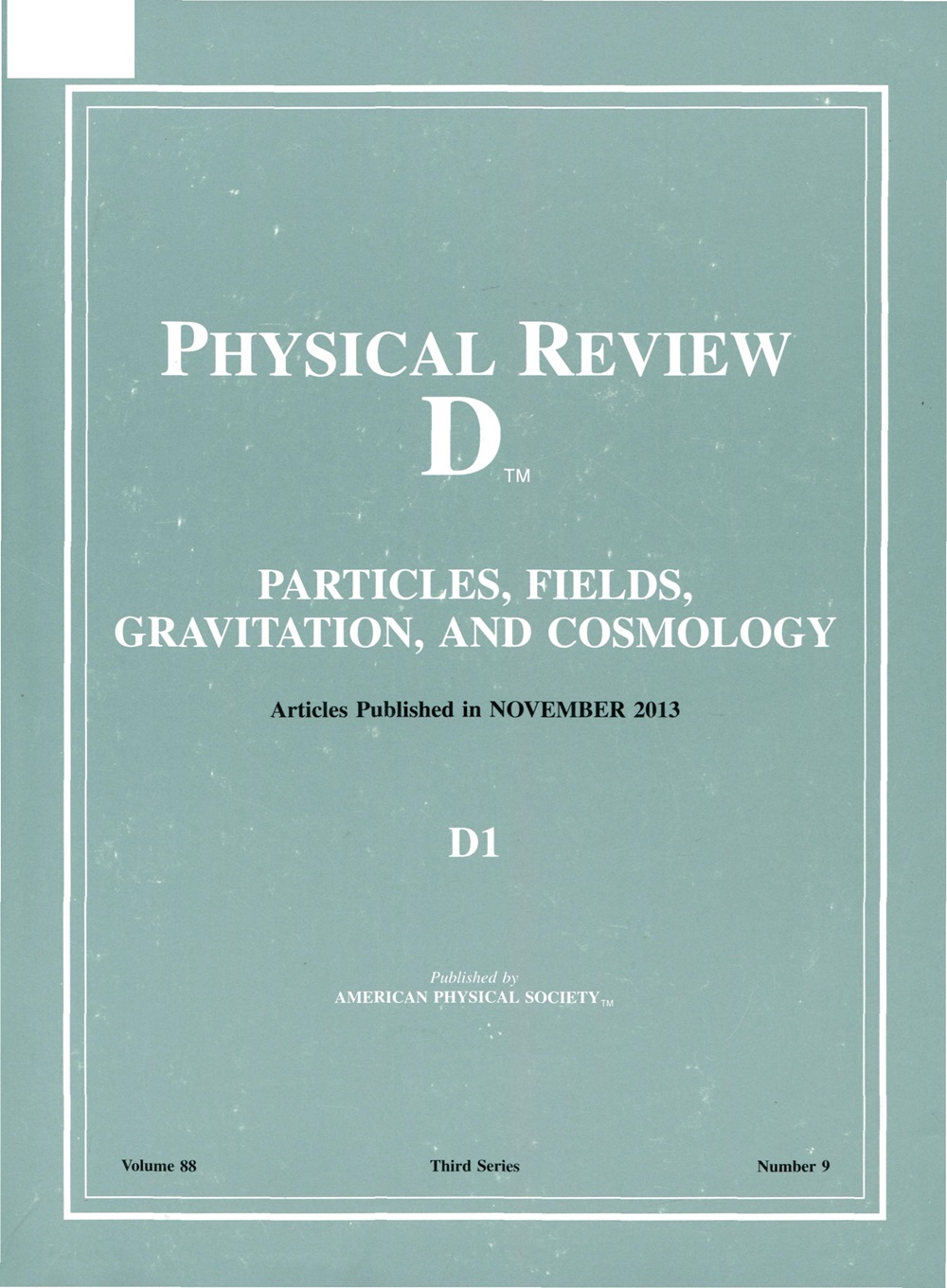第三代引力波探测器中贝叶斯参数估计的代价:对当前加速方法的评估
IF 5.3
2区 物理与天体物理
Q1 Physics and Astronomy
引用次数: 0
摘要
随机抽样贝叶斯推理已被广泛应用于引力波源的性质分析。虽然计算量很大,但由于相对较低的事件率和信噪比(SNR),其成本对于目前的第二代GW探测器来说仍然是可控的。第三代(3G) GW探测器预计每年将探测到数十万个具有更高信噪比和更长的信号持续时间的紧凑二进制合并(CBC)事件,这对计算提出了重大挑战。在本研究中,我们通过将PE时间成本建模为信噪比和信号持续时间的函数,系统地评估了3G时代CBC源参数估计(PE)的计算成本。我们研究了标准PE方法以及加速方法,包括相对分束、多带和降阶正交。我们预测,使用3G探测器进行为期一个月的观测目录的PE,使用标准PE方法至少需要数十亿CPU核小时,而加速技术可以将这种需求减少到不到数百万核小时,这与过去10年分析GW事件的成本一样高。这些发现强调了更有效的PE方法的必要性,以使3G探测器的数据分析具有成本效益和环境可持续性。此外,我们评估了加速PE方法的准确性,强调在高信噪比情况下需要谨慎处理。本文章由计算机程序翻译,如有差异,请以英文原文为准。
Costs of Bayesian parameter estimation in third-generation gravitational wave detectors: An assessment of current acceleration methods
Bayesian inference with stochastic sampling has been widely used to obtain the properties of gravitational wave (GW) sources. Although computationally intensive, its cost remains manageable for current second-generation GW detectors because of the relatively low event rate and signal-to-noise ratio (SNR). The third-generation (3G) GW detectors are expected to detect hundreds of thousands of compact binary coalescence (CBC) events every year with substantially higher SNR and longer signal duration, presenting significant computational challenges. In this study, we systematically evaluate the computational costs of CBC source parameter estimation (PE) in the 3G era by modeling the PE time cost as a function of SNR and signal duration. We examine the standard PE method alongside acceleration methods including relative binning, multibanding, and reduced order quadrature. We predict that PE for a one-month-observation catalog with 3G detectors could require at least billions of CPU core hours with the standard PE method, whereas acceleration techniques can reduce this demand to less than millions of core hours, which is as high as the cost of analyzing GW events in the past 10 years. These findings highlight the necessity for more efficient PE methods to enable cost-effective and environmentally sustainable data analysis for 3G detectors. In addition, we assess the accuracy of accelerated PE methods, emphasizing the need for careful treatment in high-SNR scenarios.
求助全文
通过发布文献求助,成功后即可免费获取论文全文。
去求助
来源期刊

Physical Review D
物理-天文与天体物理
CiteScore
9.20
自引率
36.00%
发文量
0
审稿时长
2 months
期刊介绍:
Physical Review D (PRD) is a leading journal in elementary particle physics, field theory, gravitation, and cosmology and is one of the top-cited journals in high-energy physics.
PRD covers experimental and theoretical results in all aspects of particle physics, field theory, gravitation and cosmology, including:
Particle physics experiments,
Electroweak interactions,
Strong interactions,
Lattice field theories, lattice QCD,
Beyond the standard model physics,
Phenomenological aspects of field theory, general methods,
Gravity, cosmology, cosmic rays,
Astrophysics and astroparticle physics,
General relativity,
Formal aspects of field theory, field theory in curved space,
String theory, quantum gravity, gauge/gravity duality.
 求助内容:
求助内容: 应助结果提醒方式:
应助结果提醒方式:


